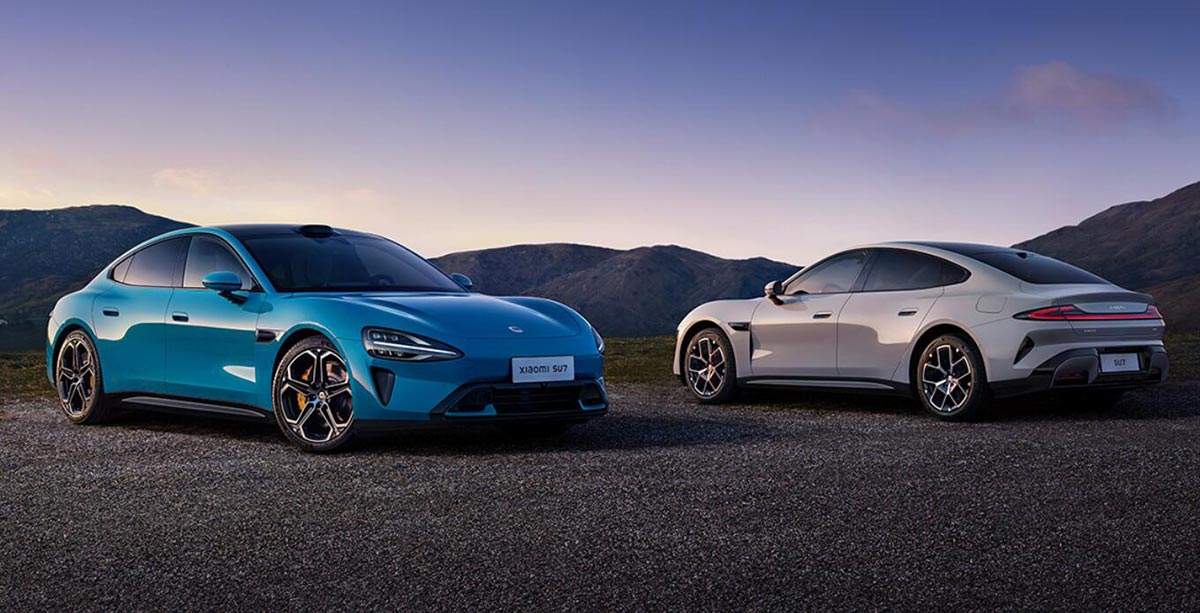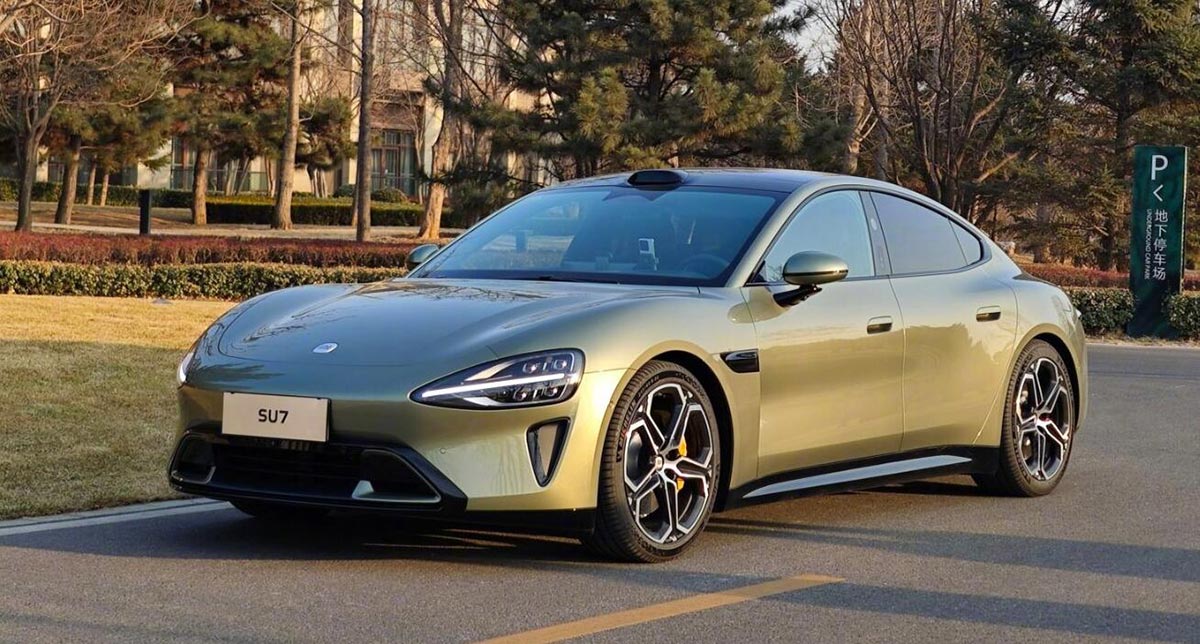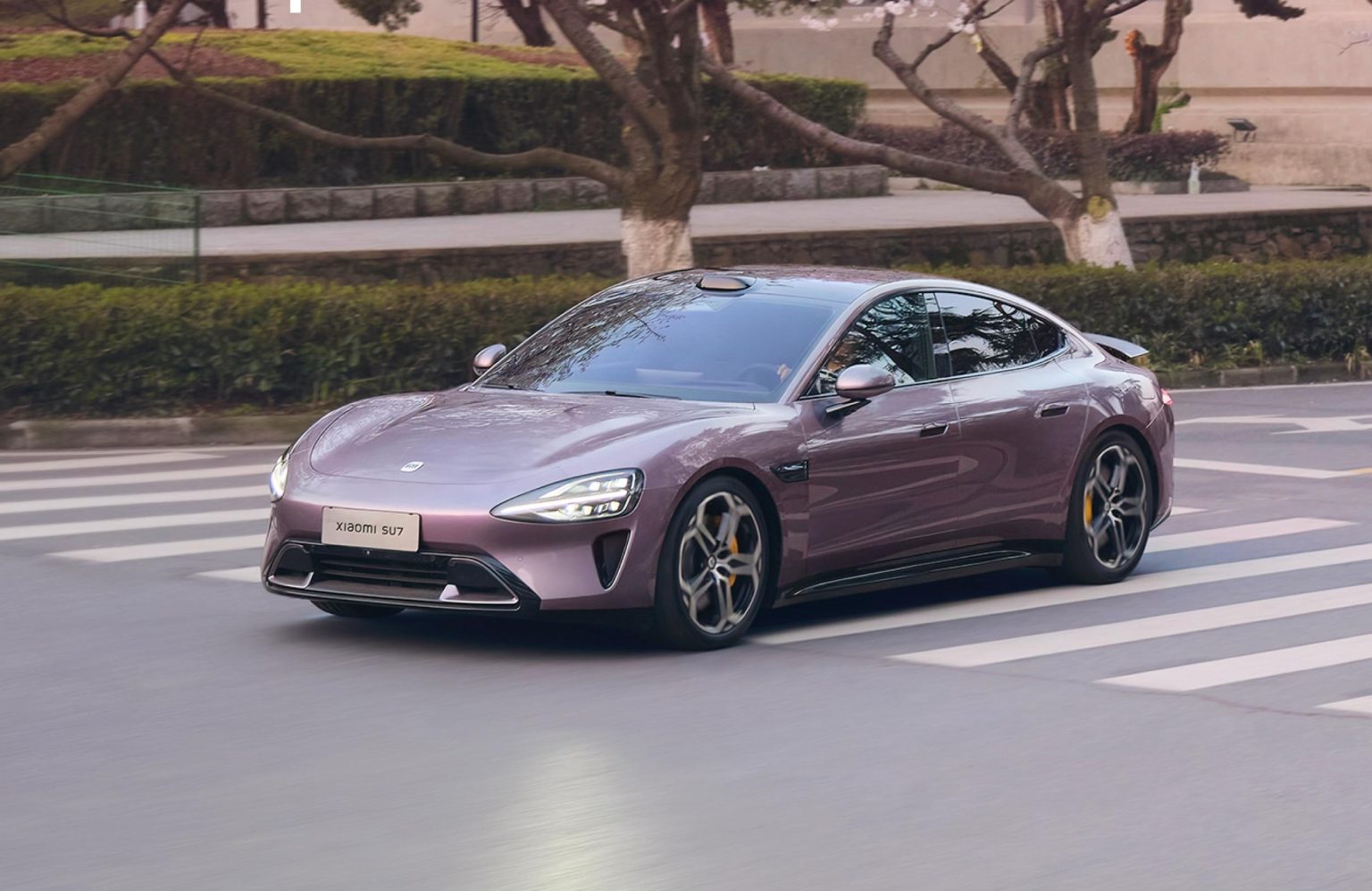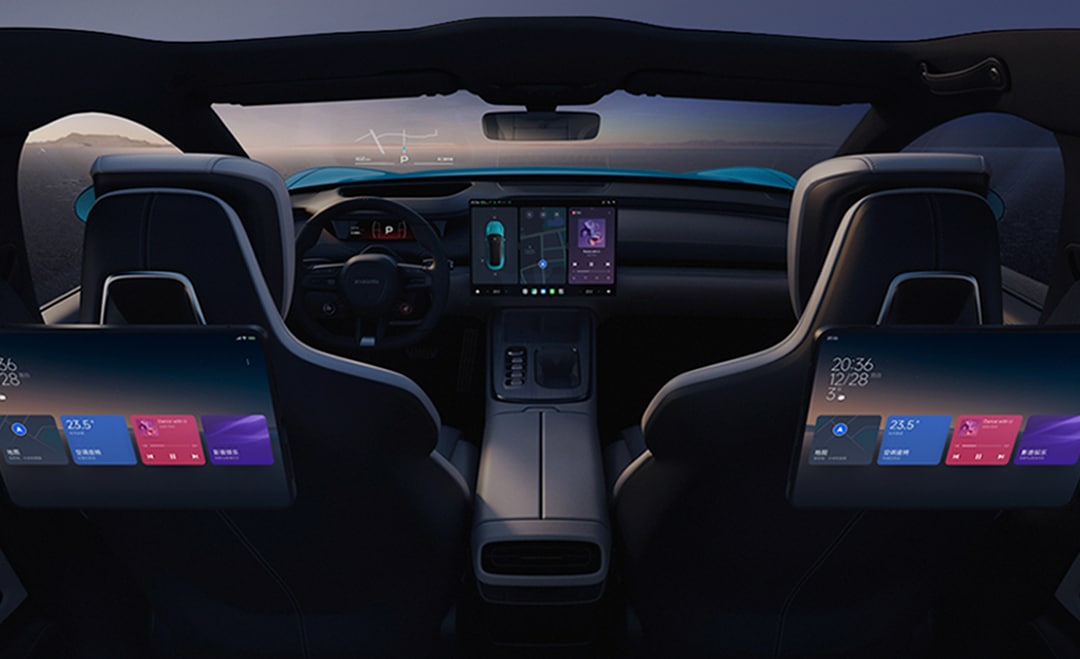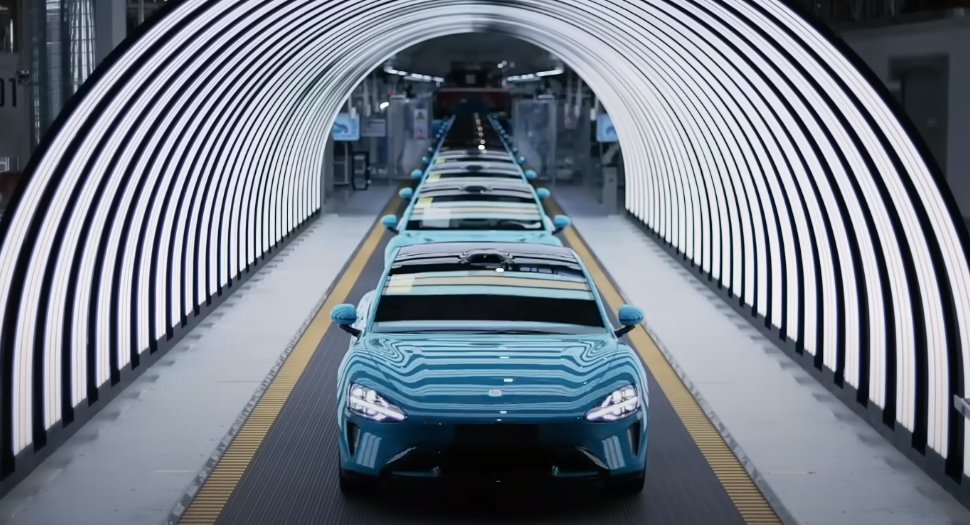Chinese smartphone maker Xiaomi has made a significant impact on China’s electric vehicle (EV) market, becoming the country’s eighth-largest EV upstart after selling over 7,000 units of its first model, the SU7 sedan, in April. This move further intensifies competition in the world’s largest auto market, which has been witnessing a fierce price war amid weakening demand. Xiaomi, known for its popular smartphones and home appliances, has quickly established itself as a serious contender in the EV space.
Xiaomi joins other upstarts such as Nio and Xpeng as new automakers focused on EV production, challenging established players like Volkswagen and Tesla. The company sold 7,058 SU7s in April, its first full month of sales since the model’s launch in late March. Xiaomi is targeting more than 100,000 deliveries this year, which would translate to monthly average sales of 11,618 units for the rest of the year.
The company’s strong entry into the EV market has propelled it ahead of Avatr EV, a brand from state-owned Chongqing Changan Automobile, making it the country’s eighth-largest EV upstart. Xiaomi’s estimated monthly sales for the remainder of the year also put it in close competition with Volkswagen, which has been performing well in the Chinese market with its ID series.
Analysts are bullish on Xiaomi’s future in the EV market, with HSBC Qianhai forecasting sales of the SU7 at 240,000 units in 2025 and 348,000 units in 2026. The SU7 is priced about $4,000 cheaper than Tesla’s Model 3 base model in China, making it an attractive option for consumers.
As the competition in the Chinese EV market heats up, many companies are now looking to expand into overseas markets. China’s passenger vehicle exports surged to a record high in April, while domestic sales contracted by 5.8% from a year earlier, according to data from the China Passenger Car Association.

